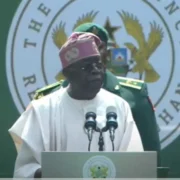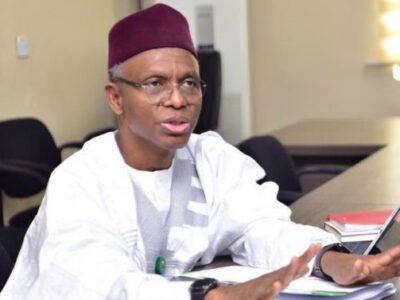The Chairman of the Presidential Committee on Fiscal Policy and Tax Reforms, Mr. Taiwo Oyedele, says the proposed 5% fuel surcharge will not be implemented until key economic indicators improve — particularly a stronger naira or a fall in global crude oil prices.
Speaking at the Haulage and Logistics Magazine Conference and Exhibition in Lagos on Thursday, Oyedele explained that while the policy is aimed at funding road maintenance, introducing it now would worsen the financial hardship facing Nigerians.
According to him, the fuel surcharge — first introduced during the administration of former President Olusegun Obasanjo — was designed to allocate a portion of fuel revenue to road repairs, with 40% dedicated to federal roads and 60% to state and local government roads.
“The idea is brilliant and already being implemented in more than 150 countries,” Oyedele said, noting that most of Nigeria’s 200,000 kilometres of roads remain in poor condition.
He revealed that the Federal Roads Maintenance Agency (FERMA) had requested permission to begin collecting the levy following the removal of fuel subsidy, but the committee rejected the proposal.
“We said no — introducing such a tax now would be insensitive,” he stated.
Oyedele further explained that the surcharge is included in the draft tax law, but it would only take effect once the Minister of Finance issues an official order.
“For me, the right time will be when the naira strengthens or crude prices drop, so the surcharge won’t raise pump prices,” he said.
He assured that ongoing tax reforms under his committee would bring relief to the haulage and logistics sector by eliminating multiple taxation, cutting costs, and improving efficiency.
“We are not introducing new taxes; we are removing the many duplicated ones that frustrate transporters and increase prices,” he added.
Under the new policy, small transport and logistics businesses with annual turnover below ₦100 million will be exempt from company income tax, while eligible operators will benefit from VAT refunds and tax incentives.
Oyedele also reiterated that the reforms are designed to simplify Nigeria’s complex tax structure and ensure transparent distribution of revenues across all levels of government.



















Comments